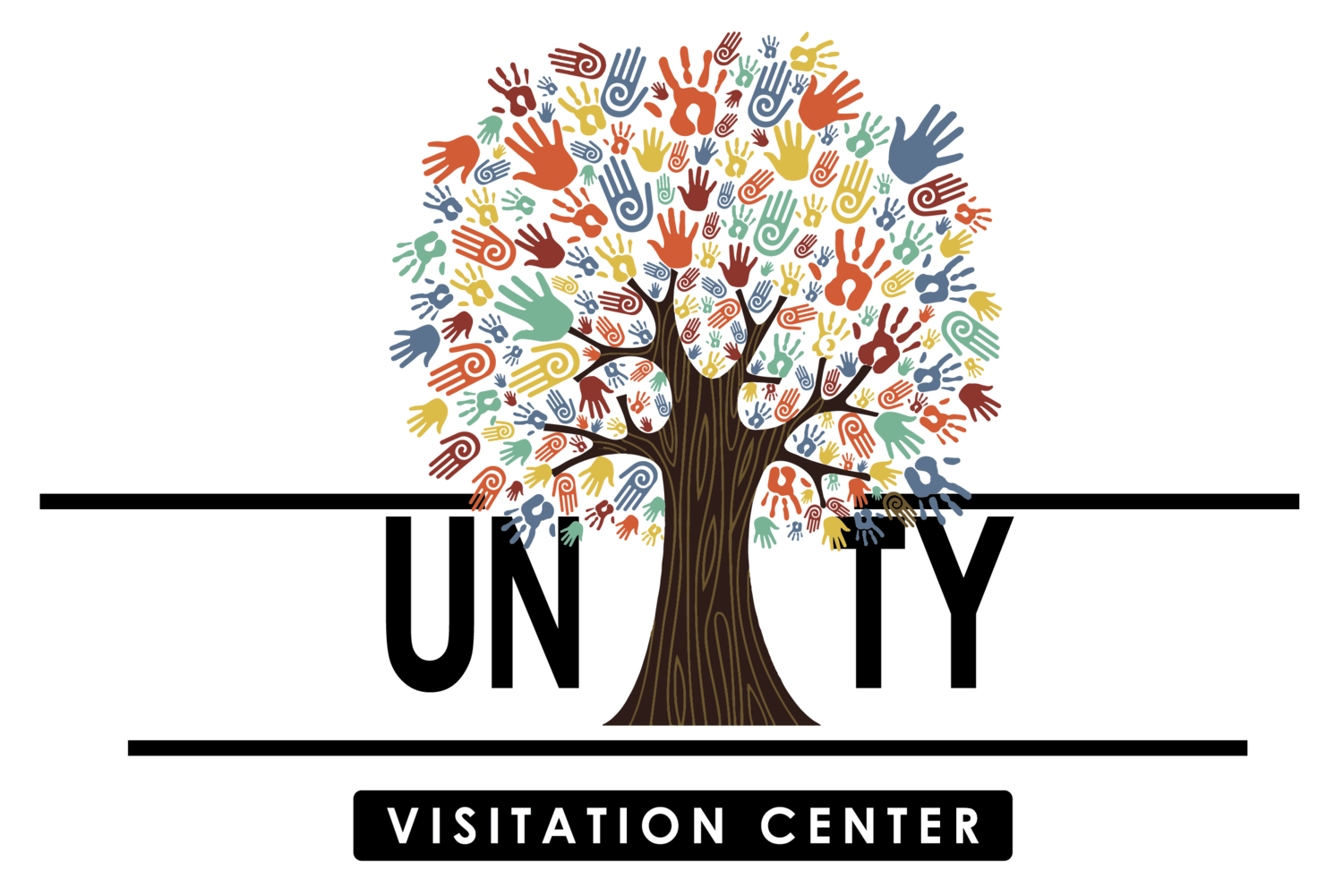Eight Facts Every Child Should Know
My dad was ahead of his time. He made these eight things into a game starting about age two. I didn’t know it was safety. It was a fun game. My current neighborhood has an alarming number of “escapees” on weekends. Please teach your little ones your names and phone numbers, so you can be located as soon as possible in the event of an emergency or abduction.
Keeping kids’ personal information protected remains an important task. Technology makes it more difficult every day. Most parents do not understand the sheer amount of information that they give out about themselves and their children willingly online. The risk only goes up when your child has internet access and devices of their own. One of my neighbor’s children was taken last year by what he thought was another child he was playing video games with due to the chat function. They decided to meet and fortunately he was able to escape and was recovered. Not everyone is as fortunate.
Most of the information we share online is already stored on our devices, so children do not need to know what it is to “share” it with online predators. In the digital era, we find many common sense safety facts are no longer taught.
In the good old days, when I was a child and dinosaurs roamed the earth, cell phones were only for the most affluent and considered both a luxury and necessity. Due to battery and antenna limitations, they were either as large as a small briefcase or mounted in one’s car. I had encyclopedias. I had to explain what they are to all of the children in our family. I was also privileged to explain a smartphone to my maternal grandparents prior to their passing. Women were not allowed to vote when three of my four grandparents was born. We had to read books and memorize things in my day. We did not have smartphones and tablets that harnessed the power of the entire internet. With that privilege, there is also a great responsibility.
When asked for the facts below, we find that most children will look to their parents for a response or refer to their phone. We don’t always have our phones or the parental database. Granted, WiFi seems to be everywhere; however, there is a chance that your child will not be able to access their stored data. What if they lose their phone? What if it is stolen? What if they drop it in the toilet? What if the battery dies? I cannot begin to tell you how many adults I know that have done all of these things.
For those of you who have continued to require your children to recite safety information, kudos to you! For everyone else, please begin teaching your kids basic important safety facts. Then, periodically ask them to recite these facts to you. This process ensures your kids’ personal information will be able to be given to other adults in case of an emergency.
Here are eight personal information facts we believe all children should to memorize:
Mom and Dad’s Full Names – Many parents do not share the same last name or use a nickname for their first name. Children should know their parents’ legal names.
Home Address – Our society is very mobile and changing addresses occurs frequently. Each move should be accompanied by learning, memorizing, and reciting the new home address.
Home Phone Number – The trend to ditch home phones has continued to grow; however, if a home phone exists, that number should be memorized. This line remains a constant dependable number that does not rely upon remembering to charge it.
Mom’s Phone Number – While playing on the phone, kids sometimes get a sudden urge to call Grandma and push the speed dial. This is another excellent learning opportunity. Before I knew my numbers, I learned the pattern they made on the phone. Thank goodness we don’t have rotary dials anymore!
Dad’s Phone Number – Every phone number a child memorizes increases the speed of being able to reach a family member in an emergency.
Mom and/or Dad’s Work Number – Many parents who work outside of the home may need to store their phones away during work hours. A business phone may be the best way to reach them if parents are in a meeting or unable to reach their mobile phones. We recommend your child learns to call your office if they need to reach you more urgently. Many times the need will not actually be urgent, but that’s another story! Every child should know where their caregivers are and how to reach them.
Where Mom and/or Dad Work – Hopefully, no one would ever need to physically get to you, but have you ever heard of Murphy’s Law? Well, it’s real. I am a security professional, so when a phone call came in for anyone that was urgent it was part of my job to locate them and ensure they safely made it to their destination in the event of an emergency.
BONUS POINTS – Work addresses for Mom and/or Dad – Usually simply stating the name of the workplace in a specific city is more than enough to find your office, but an address? That’s golden. If grandparents, close friends, and/or a trusted neighbor are in the area as well, then you can loop them in too. I am the neighborhood mom, so the kids know that I can get their parents in case of emergency. Do your kids have a safe and trusted neighbor?
We realize this list seems extremely simple; however, many children know which phone key has saved phone numbers for family members. They rarely type out the numbers and struggle to recite these vital facts. In our experience, with repetition and praise, children learn quickly. Technology is a beautiful thing, but it must not replace personal relationships.
